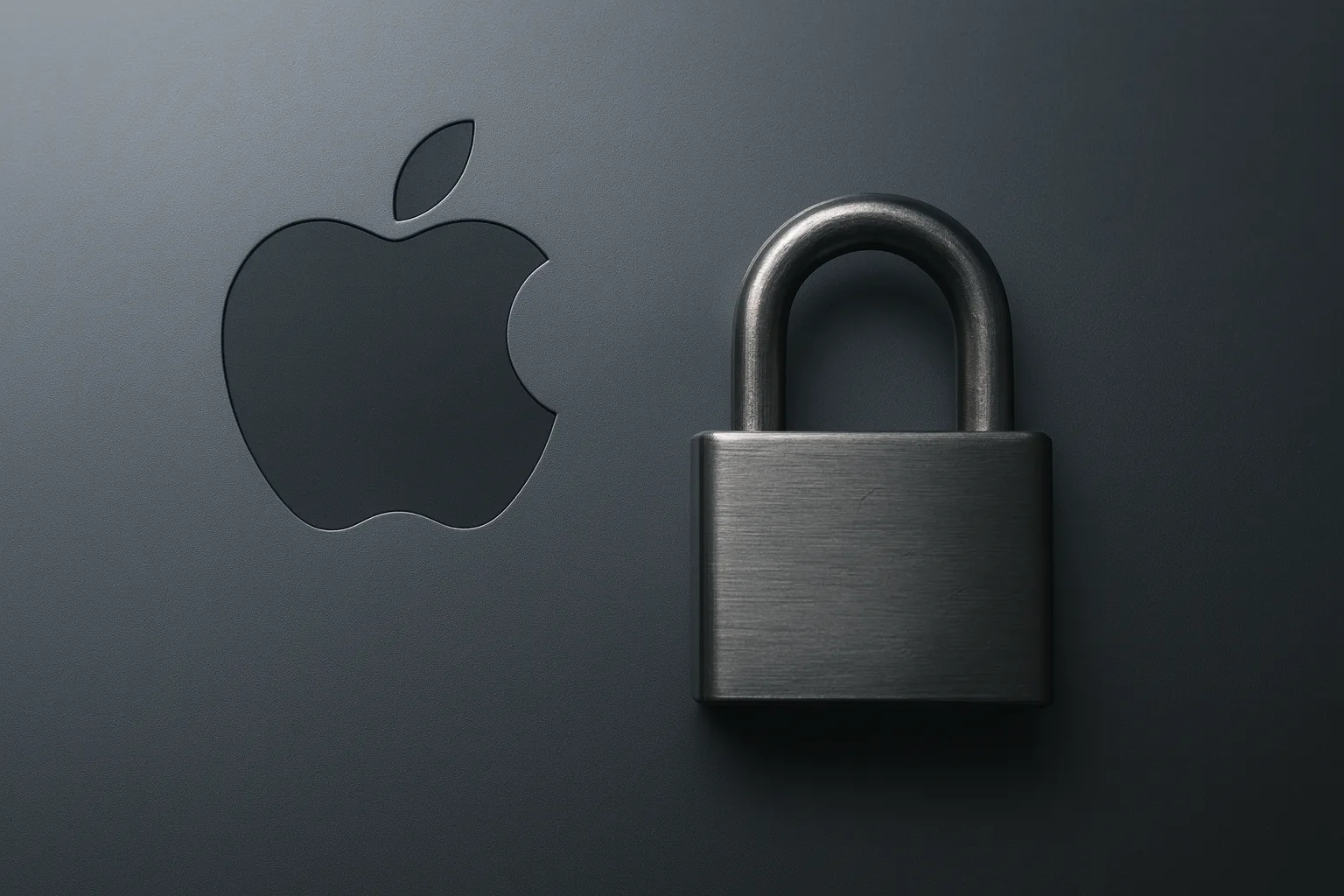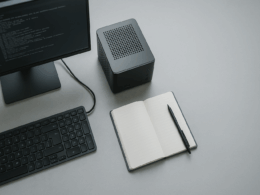The UK Government has reversed its decision to compel Apple to weaken end-to-end encryption on iCloud data. This follows months of international pressure, criticism from security experts, and strong opposition from privacy advocates. While the reversal has been welcomed, the legislation that enabled the demand remains in place, leaving the door open for similar disputes in the future.
Background
In January 2025, the Home Office issued a Technical Capability Notice (TCN) under the Investigatory Powers Act 2016 (IPA). Often described as the “Snoopers’ Charter”, the IPA grants wide powers to security services, including the ability to compel technology companies to provide access to data.
The notice served on Apple targeted its Advanced Data Protection (ADP) feature. ADP allows iCloud backups to be encrypted in such a way that only the user holds the decryption keys. This means that even Apple cannot access the data.
The Home Office’s requirement was clear: Apple must provide a mechanism to decrypt iCloud backups when requested by the authorities. In practice, this would have required the creation of a backdoor. Because Apple’s systems are designed globally, the order would not have been restricted to the UK. Instead, it would have undermined the privacy of users worldwide, including those in the United States and Europe.
In response, Apple suspended ADP for new UK accounts and advised existing British users not to enable the feature. This was a signal that Apple would prefer to restrict functionality rather than deliberately weaken its security.
The Reversal
On 19 August 2025, the United States Director of National Intelligence, Tulsi Gabbard, confirmed that the UK Government had withdrawn the demand. The announcement came after direct discussions between UK officials and the US administration, including President Trump and Vice President J. D. Vance.
Reports from The Financial Times, Reuters and The Washington Post confirmed that the backdoor requirement had been dropped. The Home Office refused to comment directly, citing operational security, but multiple sources with knowledge of the discussions confirmed the decision.
The move follows months of diplomatic pressure. US officials had warned that weakening encryption for UK users would inevitably weaken it for American citizens as well, creating a systemic vulnerability.
Why It Matters
Apple Will Not Introduce a Backdoor
Apple can continue to offer Advanced Data Protection without interference. British users can expect the feature to be reinstated once Apple is satisfied that the legal position has been clarified.
US Pressure Was Crucial
The reversal illustrates the role of international alliances. The extraterritorial reach of the UK’s original demand threatened to strain relations with US agencies and the wider technology sector.
The Investigatory Powers Act Still Stands
Although this demand has been dropped, the IPA has not been reformed. The powers it grants remain, meaning that the government retains the legal authority to issue similar notices in the future.
Implications Beyond the UK
Had the UK succeeded, other governments could have pointed to the decision as justification for requiring their own backdoors. The reversal prevents the creation of a precedent that would have undermined privacy globally.
Technical Risks of Backdoors
Security experts have consistently argued that there is no safe way to introduce “lawful access” to encrypted data. A backdoor is not a limited measure. Once such a mechanism exists, it can be exploited by criminals, hostile states, or insiders with malicious intent.
Apple has long maintained that encryption cannot be selectively weakened. Either it is secure for everyone, or it is vulnerable for everyone. The demand from the Home Office would have created an exploitable weakness in a system used by hundreds of millions of people.
Wider Context
This is not the first time the UK has clashed with technology firms over encryption. Messaging platforms such as WhatsApp and Signal have also come under pressure to weaken or bypass end-to-end encryption, particularly in relation to content monitoring. These proposals have faced strong opposition from both providers and civil liberties organisations.
Encryption underpins modern digital life. It secures financial transactions, health records, personal communications and intellectual property. Weakening it for one purpose inevitably compromises it for all.
What Happens Next
- Apple is expected to reinstate Advanced Data Protection for UK users once the legal position has been fully clarified.
- Campaigners will continue to push for reform of the Investigatory Powers Act to prevent similar conflicts.
- The UK Government has stepped back in this instance but has not abandoned the idea of lawful access to encrypted services. It is likely that future confrontations between government and technology companies will arise.
Final Words
The reversal is a victory for digital security, but it is only temporary. The Investigatory Powers Act still gives the government authority to make similar demands in the future.
For now, British users can be confident that Apple’s encryption standards remain intact. However, the debate over the balance between state surveillance and personal privacy is far from resolved.







